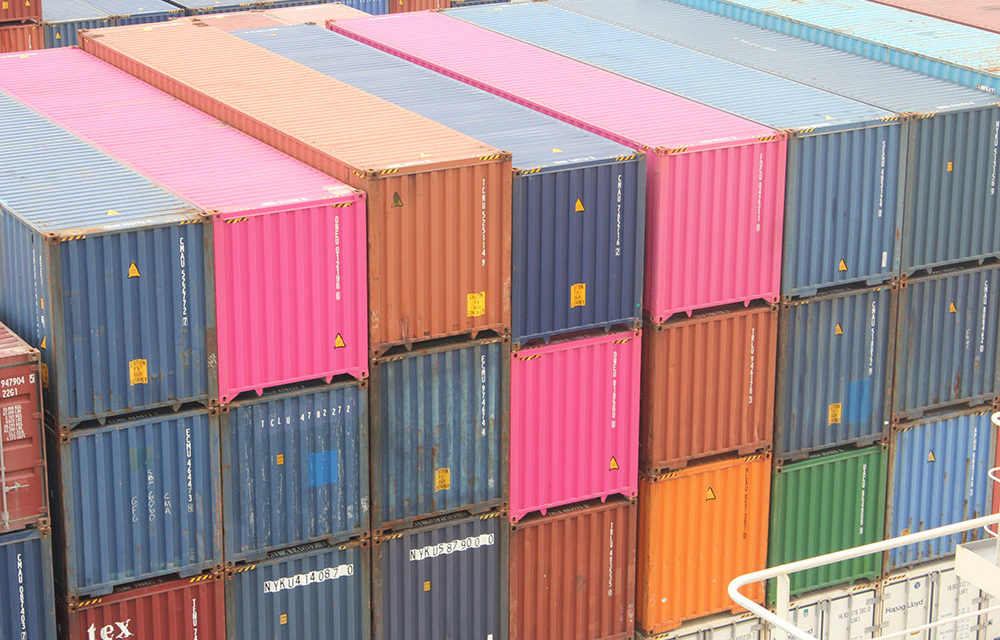EMPTY container parks in Melbourne have followed the interstate trend by advising significant increases in truck arrival notification fees to commence in January 2020.
The fee increases range in size from 82% to 344% of current notification fees.
The ECP fee increases come on top of the notices to industry from stevedores DP World Melbourne and Victoria International Container Terminal about increases in their landside terminal infrastructure fees from 1 January 2020 to $98 (+GST) and $121.80 (+GST) per full container respectively.
The ECPs have cited several reasons for the fee hikes, including increased operational and labour costs, infrastructure requirements, IT fee increases, maintaining extended operating hours (in some cases) and/or EPA compliance costs.
There is certainly an element of these in the announcements of the ECPs now using the truck arrival notification fees to recover revenue lost from shipping lines. For example, the return of empty containers directly to stevedore terminals (DRE) is estimated to currently account for over 20% of empty import container de-hires, leading to lost handling and storage revenue for traditional ECPs. No doubt, this trend will continue. These significant fee increases cannot be absorbed by container road transport operators in Melbourne, who are liaising with their customers before Christmas to advise them of their fee recovery arrangements.
As with the stevedore infrastructure fees, transport operators must pay the ECP truck arrival notification fees well in advance of being able to recover these costs from customers (anywhere from 30 to 60 days or more). This time lag has a cash-flow burden and risk, and added administration costs in reconciling fees.
Any new costs in the container logistics chain can be difficult to manage and can impact on profitability and competitiveness. These fee increases are no exception.
CTAA looks forward to the Port of Melbourne Pricing and Access Review being completed by the Victorian government in early 2020, and we hope the findings of the independent review will be made public for consultation.
In addition, CTAA continues to strive to voluntarily bring together transport operators, empty container park operators and others in the container logistics chain to address empty container management inefficiencies and productivity concerns.
We believe all parties in the chain need to work together to off-set these cost increases with further productivity and efficiency initiatives. This will also require the cooperation of shipping lines and the Port of Melbourne.

